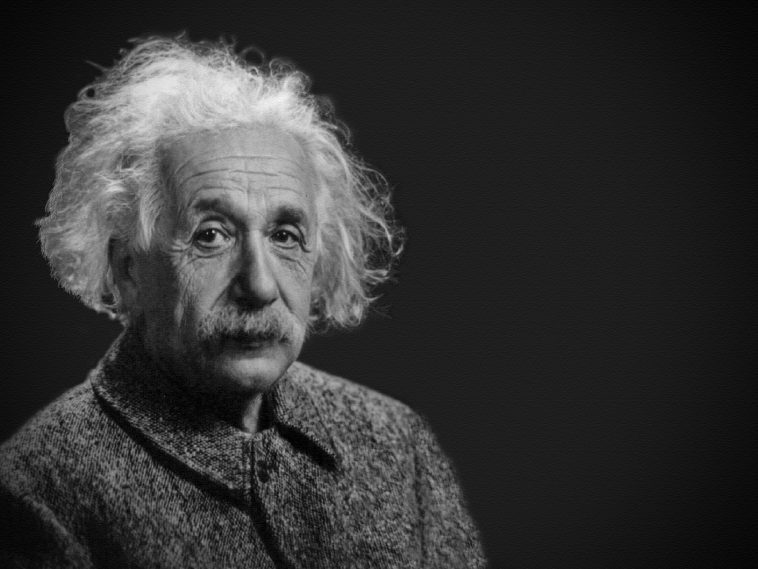Can you pass this physics quiz? This physics test is unsuitable for the inexperienced. Average score is 7/15. If you know what “c” stands for in the equation e=mc2, go get your point! What about other questions? Well, they are not easy to answer. Will you give them a shot?
Can you pass this physics quiz? You sure? Let’s play
Before you start make sure you follow us on Facebook. LIKE US ON FACEBOOK
You may also like:
15 science quiz questions to test your knowledge. Ready?
15 questions chemistry QUIZ. 88% of adults can’t pass it
Basic chemistry quiz. But only 1 in 1211 people get 100%
- Question of
Let’s start with some history… What did the word “physics”, one of the oldest fields in science, mean originally in Greek?
- Continuous movement
- Knowledge of movement
- Material world
- Knowledge of nature
- Question of
When light is decomposed, how many colors exist in the spectrum?
- Five
- Seven
- Six
- Three
- Question of
There is a tendency in objects to remain in a state of rest until acted upon by an external force. How is it called?
- Chain reaction
- Deflection
- Leverage
- Inertia
- Question of
A more difficult one… Astronauts at International Space Station experience time slower because velocity and gravity influence time speed. What law is involved in this phenomenon?
- Decompression
- Doppler effect
- Relativity
- Induction
- Question of
Which law provoked the surprise cry of “Eureka!” when discovered?
- Archimedes Principle
- Newton’s laws of motion
- Momentum and conservation of energy
- Electromagnetism Principle
- Question of
What is the force that opposes the relative motion of two bodies that are in contact?
- Friction
- Impetus
- Decompression
- Deflection
- Question of
We thought this was a hard one, but it isn’t… Forces in an unchanging position cancel each other out. How’s that position called?
- Inertia
- Magnetism
- Equilibrium
- Resistance
- Question of
How do we call the ability of fluids to offer resistance to flow?
- Relative density
- Viscosity
- Compressibility
- Surface tension
- Question of
How is it called a series of physical reactions, each one of which causes the next one?
- Convection
- Chain reaction
- Flux
- Impetus
- Question of
What does c stand for in the equation e = mc^2?
- Speed of light
- Momentum
- Impulse
- Centripetal acceleration
- Question of
Dennis Gabor was a prominent Hungarian scientist who won the Nobel Prize in Physics in 1971. What was his discovery?
- Superconductivity
- Pulsars
- Holography
- Cosmic microwave background radiation
- Question of
The tendency of a moving object to keep moving unless another force stops it or slows it down is called:
- Propulsion
- Traction
- Momentum
- Displacement
- Question of
What is the reason people float so easily in Israel’s Dead Sea?
- Swimmers’s low weight
- Low level of water surface
- Water’s particular chemical composition
- Salty water’s density
- Question of
We are almost finished… What units are used to measure sound intensity?
- Joules
- Amperes
- Decibels
- Kelvins
- Question of
There is a law in physics stating that every action has an equal and opposite reaction. Which law is it?
- Pascal’s law of transmission of fluid pressure
- Coulomb’s law of electrostatic force
- Newton’s law of motion
- Boyle’s law of compression and expansión of a gas at constant temperature
You missed some questions. Please answer all to continue.
Jump to the first skipped question





